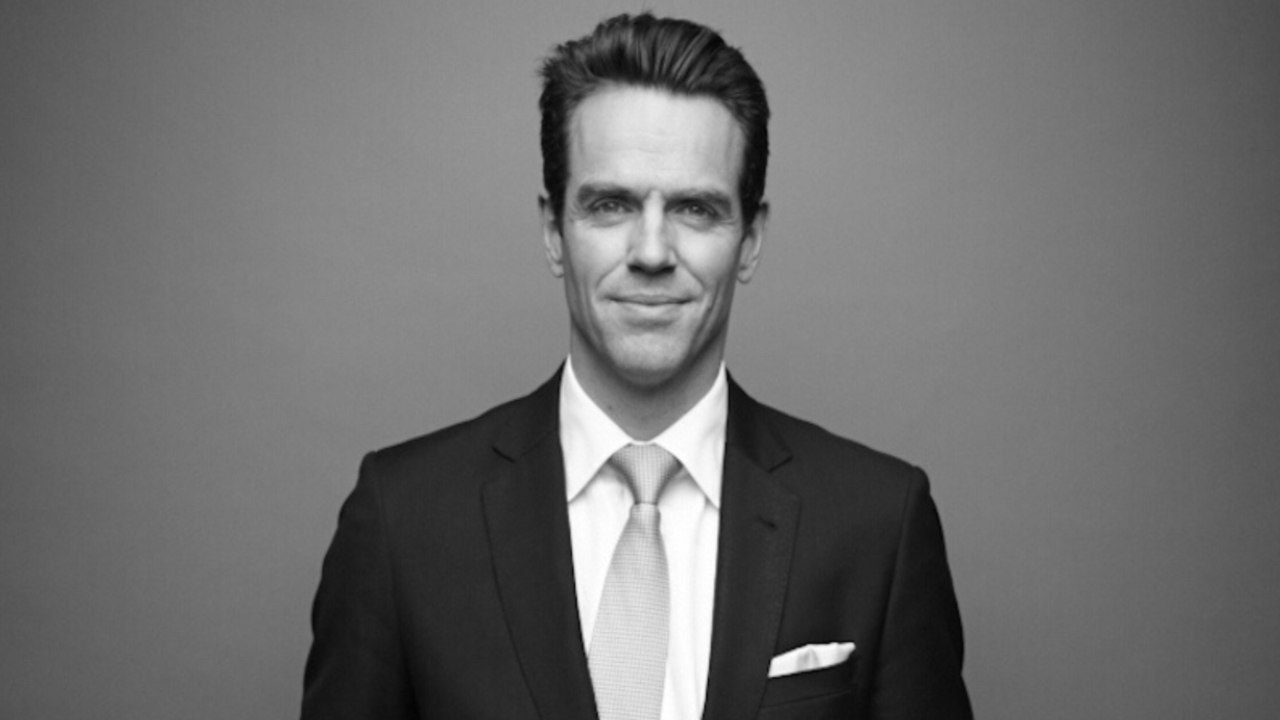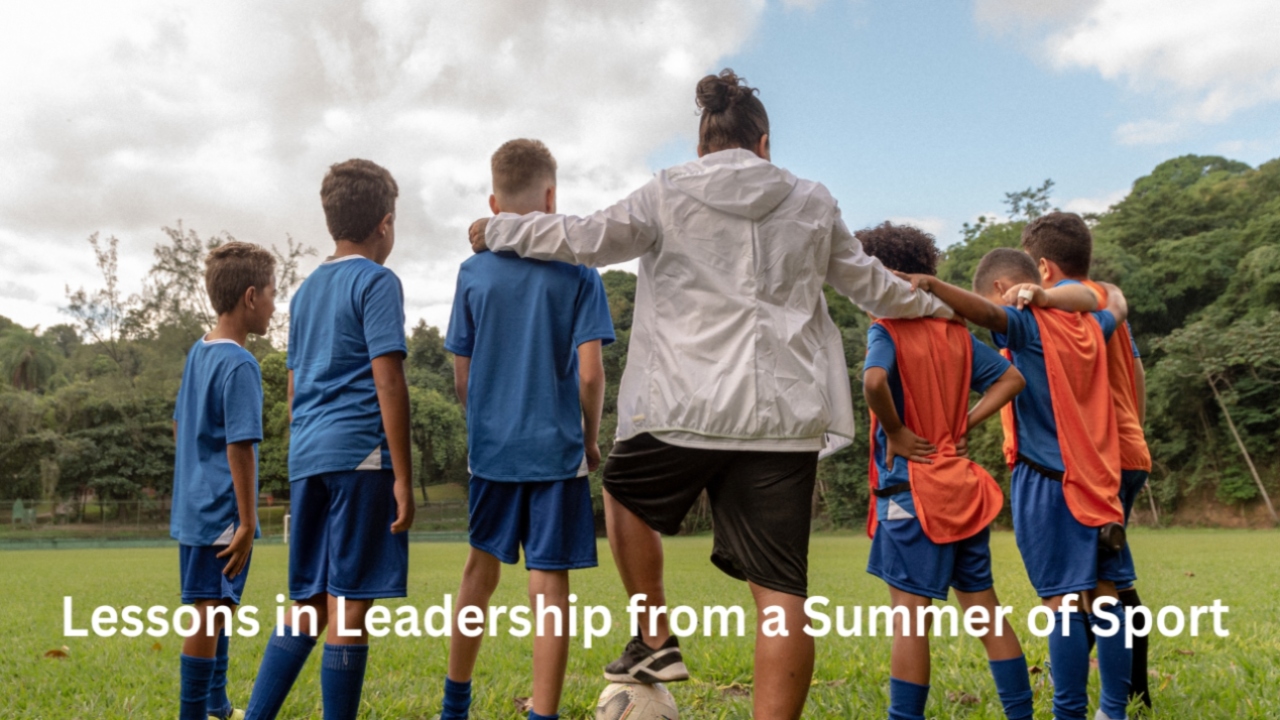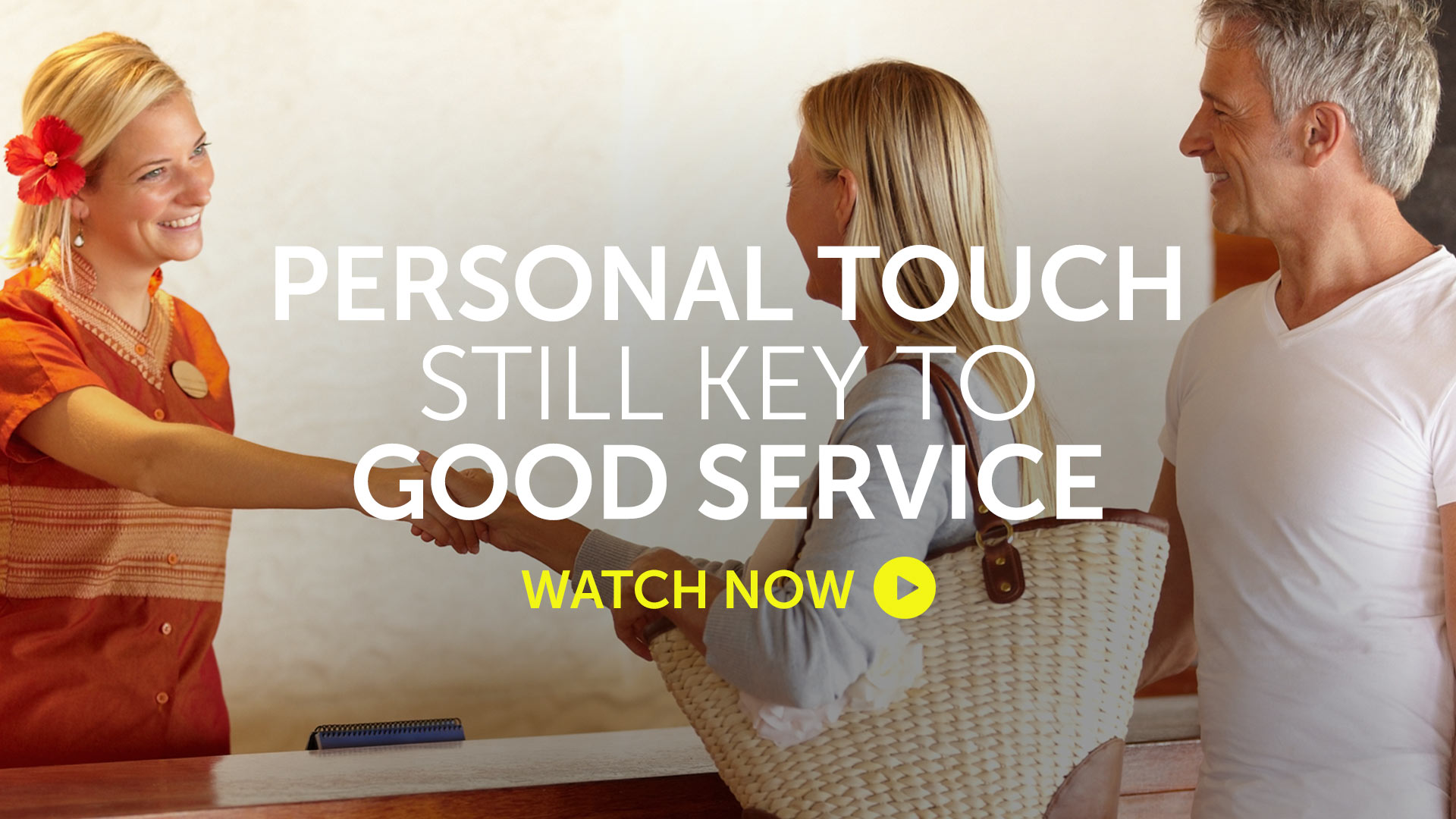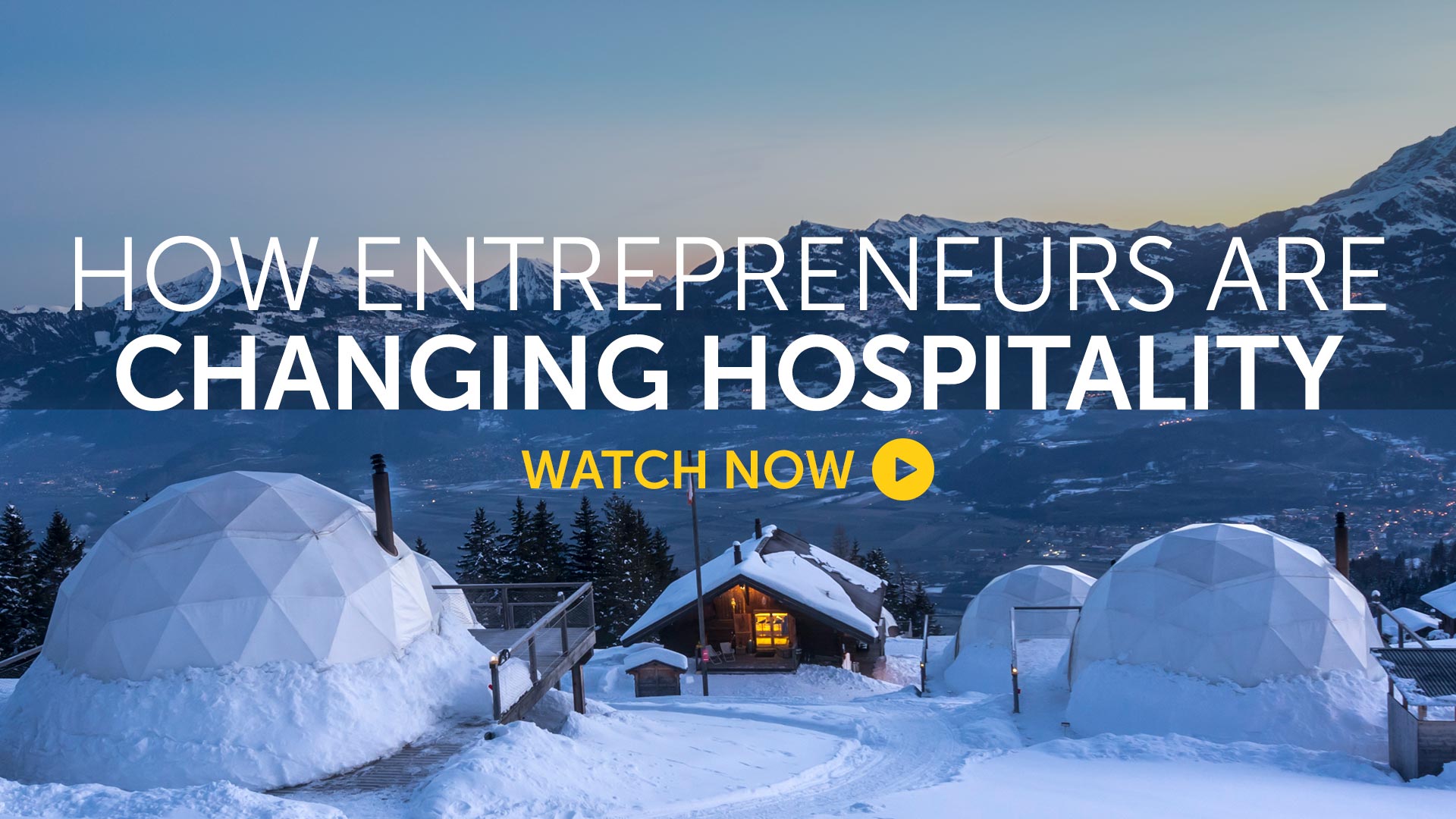Tom Oakden, founder of Hilltop Hospitality Advisors, has built a remarkable career in hospitality investment, drawing on over twenty years of experience across the global market. His journey has been shaped by a deep understanding of the industry, with a strong focus on both the operational realities and strategic opportunities that define successful hotel investments.
One of Tom’s standout contributions to the sector is the creation of the Hilltop Tracker, a quarterly report that delves into hotel investment transactions across the UK and Europe. This year, Hospitality People Group is delighted to partner with Tom and Hilltop Hospitality to bring you the latest editions of the Tracker, offering valuable insights into single-asset hotel sales, portfolios, and platforms, along with a detailed look at emerging trends.
To celebrate this new partnership, we sat down with Tom for the latest instalment of our ‘Success Stories – In Conversation With…’ series. We explore his journey through the hospitality world, the mentors who helped shape his career, and his perspective on where hotel investment is heading in 2025. We’re excited to share this conversation with you and invite you to request your latest copy of the Tracker below.
Hospitality People Group: Let’s start by looking back at your career in hotel investment and advisory. What initially drew you to the hospitality sector?
Tom Oakden: It all started when I was 16 and doing some work experience. I had the benefit of a relative who worked with Richard Ellis Hotels in London, running the valuation team. That week, I had the opportunity to work with both the office team and the hotel team. When I went out on site with the office team, we measured up a fairly standard office building, it wasn’t particularly inspiring. Then when I joined the hotels team for an inspection of a building that was going to be reconverted into a hotel we met with the president of Conrad Hilton Hotels, and suddenly, I was walking around this building, imagining what it could become. That experience really hooked me.
I’ve always been fascinated by the dynamism of this industry. Hotels are not just real estate. They are living, breathing businesses. The investment, operational, and branding aspects all intertwine, making it an exciting space to work in. Every hotel tells a story, and working with owners and investors to shape those stories is what keeps things interesting.
Hospitality People Group: Were there any particular mentors or influences that played a pivotal role in shaping your career?
Tom Oakden: Absolutely. At JLL, I had the privilege of working with the late Nick Marsh. He had a strong investment background but also understood the lifestyle element of the hospitality sector. He taught me the importance of working hard but also enjoying the process. It wasn’t just about numbers; it was about understanding the industry, networking, and seeing the bigger picture.
I also learned a lot from working in Asia, where decision-making can be very diff erent from Europe. An investor there might be just as likely to purchase a hotel based on personal affinity as on pure financial metrics. That global perspective has been invaluable in helping me navigate the personal and emotional element that can pop up in various investment deals.
Hospitality People Group: What inspired you to establish Hilltop Hospitality Advisors, and how does it differentiate itself in the hospitality investment space?
Tom Oakden: Hilltop Hospitality was born in 2019 when I had the opportunity to work with a family office from Thailand looking to invest in the UK. They wanted someone on the ground to ensure they didn’t miss out on opportunities, and that gave me the impetus to start my own advisory firm. The idea was to create a more agile and bespoke advisory service tailored to individual client needs.
The pandemic presented unexpected challenges, but I found ways to adapt. One of the key things that emerged from that time was the Hilltop Tracker, a comprehensive analysis of hotel investment trends. It’s become a valuable tool for my network, offering real insights into market activity based on hard data. Hilltop Hospitality differentiates itself by being nimble, leveraging this deep industry knowledge, and maintaining strong relationships across investors, operators, and brands.
Hotel Investment Outlook for 2025
Hospitality People Group: Given the current economic landscape, what trends do you anticipate will shape hotel investment in the UK and Europe in 2025?
Tom Oakden: 2024 was a strong year for hotel investments, with volumes up around 30% compared to the previous year. However, the second half of the year saw a slowdown, which could have been due to deal fatigue or just a lack of the right assets coming to market.
Of course, there are a few unknowns and uncertainties about cash flow in the UK, the challenges that we’re going to have with cost of living wage rising, national insurance etc, but fundamentally I think that the appetite for UK hotels as well as European hotels will remain strong.
We’re certainly seeing more investors wanting to invest in cities now that they can feel the corporate markets are back. We saw about 75% of all transactions in 2024 were for urban properties, up from about 68% in 2023. This renewed confidence is driving increased interest in those assets.
I’m not really over-exaggerating when I say there’s probably around £10 billion worth of assets on the market right now. 60-70% of that’s probably big platform, brand stuff and perhaps 2 billion or so is actual single assets, and we’re probably going to see more to come.
Hospitality People Group: How does this affect competition among investors?
Tom Oakden: There won’t necessarily be the longest line ever for these, but there will be sufficient interest to create competitive bidding. Investors are still facing some bid/ask mismatches, but if and when economic conditions become a bit more clear, I anticipate transaction volume should improve on 2024 levels. Stock levels are high and the willingness to transact is improving. In 2025 we have already seen some significant single asset and platform deals to kick start the year.
Hospitality People Group: Alternative hospitality models like serviced apartments and extended stays have been growing. How do you see their role evolving?
Tom Oakden: Serviced apartments performed exceptionally well during the pandemic, and they continue to be attractive. However, their growth is somewhat constrained by the need for larger units compared to standard hotel rooms. If you’re converting a hotel, for example, you might have to reduce the number of keys, which can impact pricing competitiveness.
That said, there’s strong demand for long-stay accommodation, particularly in prime city locations. The key to further growth will be strategic acquisitions—either existing serviced apartments or adaptable office buildings for conversion.
Hospitality People Group: ESG considerations are becoming increasingly important in real estate. How are sustainability factors influencing hotel acquisitions and development strategies?
Tom Oakden: ESG is crucial, but its implementation varies. Investors looking at existing hotels focus on guest-facing upgrades rather than back-of-house improvements. If they only plan to own the asset for five years, they may prioritise cosmetic changes over long-term sustainability investments.
However, new developments are a different story. Here, ESG integration is a no-brainer. Developers can secure favourable financing terms, access grants, and future-proof their assets against upcoming regulations. The challenge is that while everyone acknowledges the importance of ESG, shorter-term financial considerations often take precedence.
Opportunities & Challenges in the Hospitality Industry
Hospitality People Group: Technology is continuing to transform hotel operations. How can investors and operators best leverage this shift?
Tom Oakden: The whole question of technology is heavily discussed in the industry, and we’re seeing more operators putting technologies into practice to reduce reliance on employees. At a basic level, if you consider the traditional hospitality approach, you’re greeted at a reception desk by someone, giving you that warm feeling of being looked after, but many emerging operators, especially those catering to millennials and Gen Z, don’t see that as essential. They just need a digital key that gets them through the door and into their room. There’s usually a number to call if support is needed, but most information about the local area—where to eat, drink, or shop—is web based.
While this enhances the speed and efficiency of accessing information, it doesn’t replace the human touch, which remains essential in hospitality, so there really needs to be a balance. However, all this technology should benefit both the consumer and the investor by creating more efficient, profitable, and enjoyable hospitality experiences.
Hospitality People Group: How do you see the role of brands evolving in the hotel investment space?
Tom Oakden: We’re seeing more flexibility with branding. The dominance of traditional hotel management agreements is waning outside the luxury segment. Franchising has gained traction, allowing owner-operators to benefit from a brand’s distribution network while maintaining operational autonomy. I think the flexibility and potential for revenue growth that you can have with a franchise can be quite profound, but ultimately it’s about the number of guests you can get through the door and what you can save on OTA booking costs.
Soft brands are also playing a significant role, particularly in fragmented markets like Italy. They allow independent hotels to retain their unique character while tapping into a global reservation system. Investors are increasingly drawn to these models because they offer a hybrid approach, leveraging the power of the brand without losing control over the operation.
The January 2025 edition of the Hilltop Tracker highlights a strong 2024 for hotel investments, with transaction volumes growing by over 30% compared to 2023. Private equity emerged as the dominant buyer in terms of volume, while owner/operators led in the number of transactions. The report also notes a significant shift in investor behaviour, with real estate investment management businesses increasing their market share and sovereign wealth funds becoming net sellers after dominating in 2023.
If you haven’t received the latest edition of the Hilltop Tracker yet please get in touch.
Guy Lean
Tel: +44 20 8600 1180
Mob:+44 7813 009787
Email: [email protected]









